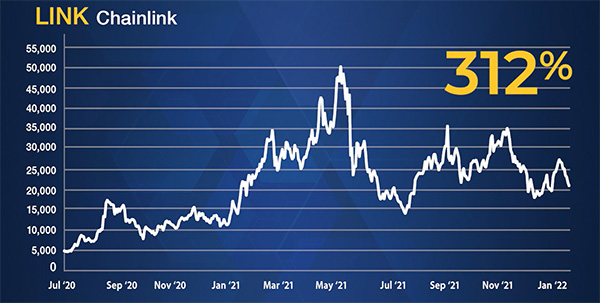| The rise of Capcom Co. over the past four years caught me by surprise. The Japanese game studio responsible for Street Fighter, Resident Evil and Monster Hunter has more than quadrupled its share price since this time in 2019 — and almost all of it has come from either selling existing games or adding new entries to flagship franchises. It's a remarkably conservative approach to business. Capcom's success with sequels is not unusual. Think of Tekken 8, Gran Turismo 7, Diablo IV or the endless Final Fantasy series. Gaming is an industry defined by a certain dichotomy: we enjoy the familiarity of already-proven formulas while also embracing with eager curiosity the novelty of new games and technologies. And so it is with Capcom. Its new Monster Hunter Now mobile game adds augmented reality (AR) elements with the help of Pokémon Go creator Niantic Inc. The latest jump in its shares was driven largely by the expectation it will cash in on the Monster Hunter pedigree. But there's also a chance it will aid the proliferation and development of AR, which hasn't met with much success outside of gaming. Gamers have a long track record of being first to adopt new tech. The artificial intelligence buzz you can't stop hearing right now? It's powered by AI models trained on Nvidia Corp. accelerator chips, which are as advanced as they are because of our unquenchable thirst for more beautiful graphics. Before the word "metaverse" went mainstream, we had Warcraft. Twitch was a solution in search of a problem until live streaming of games gave the service its raison d'être. My own interest in tech initially grew out of my desire to play games. It's how I learned what .exe files on DOS were, and it's how I found out that not all PCs are created equal. The urge to experience (and play!) new things has made us the most receptive early-adopters for all sorts of tech. It's no accident that gaming is a good incubator for new technology. A particularly enjoyable game draws us in emotionally and helps us accept all sorts of compromises, from eye-watering, four-figure graphics card prices to the rapid battery exhaustion of AR frivolities on mobile. It's also because of games that smartphones and tablets today have glorious 3D graphics. I wouldn't be surprised to see AR — which superimposes digital images and functions on a view of the real world — break through into broader use once Apple Inc. makes public its long-awaited headset. For some people (I hear there are still some non-gamers among us), it may eventually seem like AR just came out of nowhere. But, just like Nvidia chips, virtual worlds and livestreaming platforms, let's not forget that gamers did the essential work of play-testing the new technology. You can't give a full account of AR's history without the Pokémon-hunting craze of 2016. Hell, there are still dedicated players you can spot around Tokyo's Hibiya Park. But don't assume that you can throw just any tech at gamers and expect them to refine and perfect it for everyone else. It hasn't yet worked with crypto and web3 projects, and not much seems to be happening with virtual reality headsets. The key to get gamers to buy in? Make it fun, familiar or, ideally, both. The makers of the Super Mario Bros. movie, this year's best box-office performer, would probably agree. After a year and a half of delays, Advance Wars 1+2: Re-Boot Camp finally came out on Friday for the Nintendo Switch. It was basically done a year ago but was postponed indefinitely after the start of the Russian war in Ukraine. (One of the teams is based on Joseph Stalin's Soviet army.) The game is a compilation of a pair of excellent, two-decades-old Game Boy Advance strategy games that pit cartoon armies against one another in turn-based combat. Reviewers praised the remake for its more modern look and some slight improvements to gameplay. The originals offered some novel and largely forgotten twists on the strategy-game formula that are worth revisiting — if you can get over the still-awkward geopolitical undercurrents. Spending by US consumers on video games, hardware and accessories fell 5% in March versus last year Atari is continuing to stockpile the rights to retro games Got a news tip or story to share?
You can reach Jason at jschreier10@bloomberg.net or confidentially at jasonschreier@protonmail.com. Cecilia is cdanastasio@bloomberg.net. | 


No comments:
Post a Comment